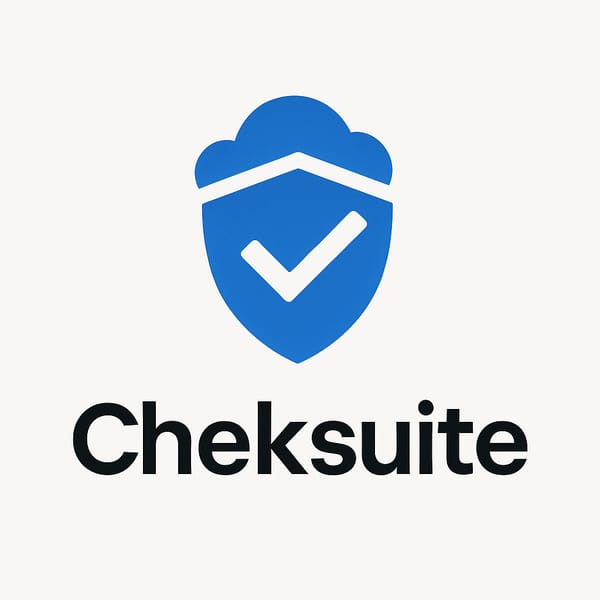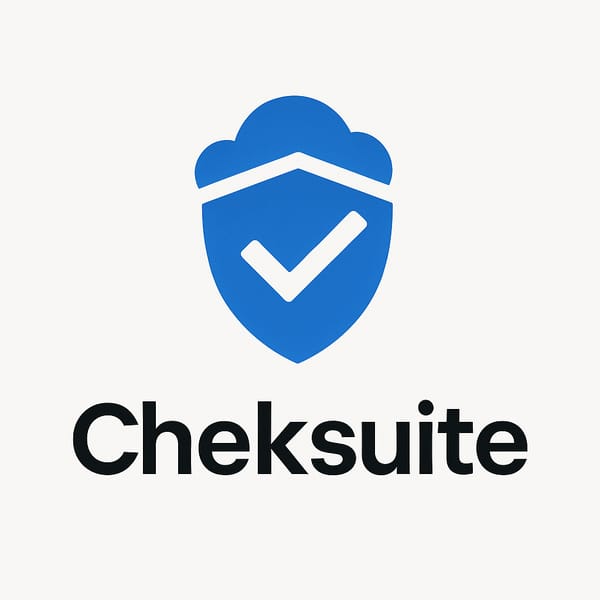Flipping the Switch vs. Welcome Aboard

Launching a new product is a nuanced exercise in balancing perfection against practicality. As founders, engineers, and creators, we're conditioned by nature—and perhaps our professional culture—to want to deliver nothing short of excellence. But there's an inherent tension: how do we reconcile our perfectionist impulses with the raw, messy necessity of bringing users onboard early enough to capture critical feedback?
At Numorian, we're currently navigating this exact crossroads as we soft-launch Cheksuite, our AI-powered vulnerability scanning platform. This stage, somewhere between "minimum viable" and "fully polished," is uniquely challenging. We find ourselves constantly wrestling with the trade-off between "flipping the switch" to onboard customers and delaying just a little longer to refine, polish, and improve every detail.
On one hand, there's a powerful temptation to obsess over each pixel, each interaction, and every edge case—because that's what we know users deserve. After all, first impressions matter, especially when your audience consists of discerning technologists and security professionals who rightfully demand excellence. On the other hand, delaying the onboarding process means delaying the insights that can only come from real-world use—the kind of feedback that uncovers hidden blind spots, reveals overlooked usability snags, and brings to light scenarios that, despite rigorous testing, simply don't appear until genuine users interact with the product.
It's a classic case of "perfect being the enemy of the good." We understand intellectually that "good enough" is a practical standard at this stage, but emotionally, it's far easier said than done. Especially in the domain of cybersecurity, where our ethos is built upon rigor, precision, and reliability, finding the point of equilibrium—the moment when the platform is ready enough, reliable enough, useful enough—is both an art and a science.
Through this process, we've learned that the question isn't about achieving absolute perfection; rather, it's about defining clearly and strategically what "good enough" truly means for our customers and our company. It's about distinguishing critical functionality from "nice-to-have" polish and about ensuring the foundational technology provides genuine, measurable value, even if the interface still carries traces of work-in-progress roughness.
Early feedback, we've come to realize, is its own form of excellence. It accelerates learning, informs priority-setting, and clarifies our path forward in ways no internal review or artificial scenario ever could. Yes, early users may encounter occasional glitches or discover unpolished corners—but their experiences, insights, and criticisms are the currency that ultimately drives the evolution of Cheksuite.
For fellow founders and builders, especially those launching complex technical products, my advice (and the advice we're taking to heart at Numorian) is straightforward yet often difficult: lean into the discomfort. Welcome users aboard before every pixel is perfect. Listen closely, iterate swiftly, and trust that genuine excellence is built through the incremental yet powerful cycles of real-world feedback and continuous improvement.
The truth is, flipping the switch will always carry a moment of uncertainty—but embracing that uncertainty is precisely how we evolve from good enough to genuinely great.





